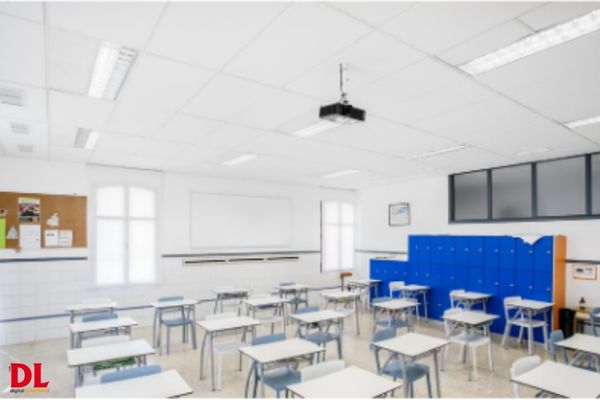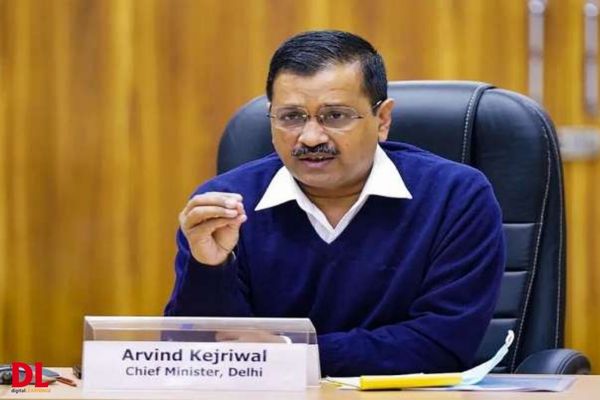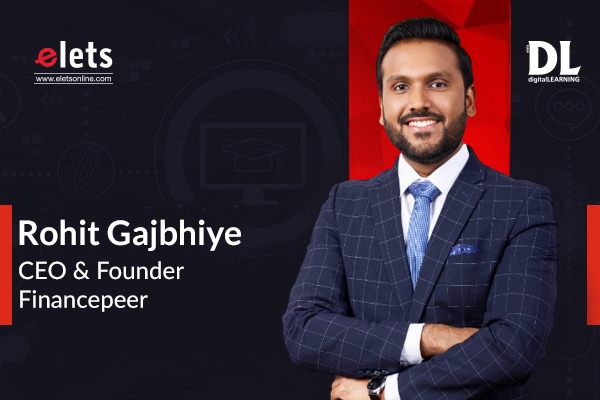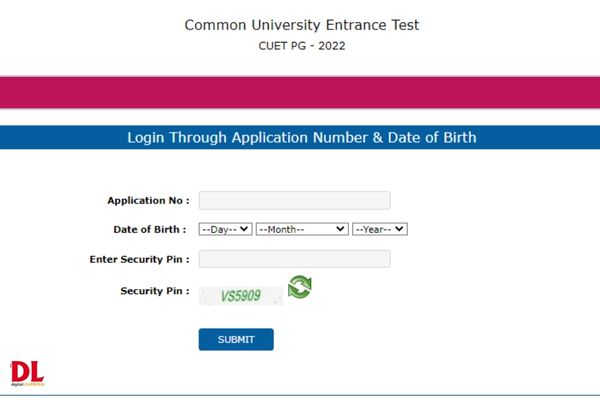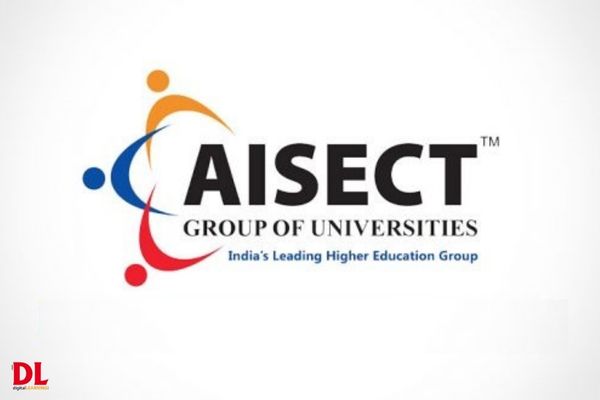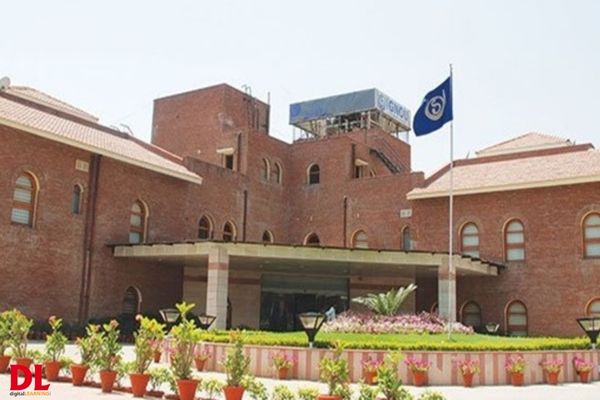Hyderabad, 22nd August 2022 – Woxsen University announces Extended-Partnership with Coursera, one of the world’s largest online learning platforms, to integrate skill-based online learning programs into its curricula across the schools of Business, Technology and Design. This will build critical and new-age skills in students to stand-out in a fast-pacing world.
During the first year of its partnership with Woxsen, Coursera for Campus content has delivered robust results with Aided Projects & Add-on Certifications. Learners have clocked more than 12600+ hours of learning and enrolled over 5000+ certifications in areas of Data Analytics, Business Strategy, Fashion Design, HR Analytics, etc. The top courses our students have taken includes- Introduction to Data Analytics, Financial Markets, Corporate Strategy, Innovation Through Design, Models and Frameworks to Support Sales Planning among others.
“The collaboration between Woxsen University & Coursera has produced multi-dimensional synergy for mutual success. Coursera provides access to quality content delivered by acclaimed professors from the Top Global Universities, which blends seamlessly with our curriculum design across programs. We are diligently using the same to benefit every layer of Woxsen’s community of learners i.e. students, faculty & even rest of the staff,” says Vishal Khurma, CEO, Woxsen University.
“Woxsen University considers E-learning an essential element in the lifelong process of learners. When it comes to E-learning, quality content means everything, and Coursera certainly aligns with the institutional expectations,” says Dr. Raul. V. Rodriguez, Vice President, Woxsen University.
“Institutions in India are looking at new approaches and leveraging platforms like Coursera for Campus to give their students an edge in the job market,” said Raghav Gupta, Managing Director, India and APAC, Coursera. “We are delighted to strengthen our partnership with Woxsen University to help their students develop new-age skills and prepare for the well- paying jobs of the future. It’s also exciting to now enable faculty upskilling at the university, empowering them to provide distinguished education that keeps pace with the needs of the digital economy.”
About Woxsen University, Hyderabad: Woxsen University, located in Hyderabad, is one of the first private universities of the state of Telangana, India. Renowned for its 200-acre state-of-the-art campus and infrastructure, Woxsen University offers new-age, disruptive programs in the fields of Business, Technology, Arts & Design, Architecture, Law, Liberal Arts & Humanities. With 92+ Global Partner Universities and Strong Industry Connect, Woxsen is reckoned as one of the top universities for Academic Excellence and Global Edge. Woxsen is Ranked #13, All India Top 150 B-Schools by Times B-School Ranking 2022, Rank #16, All India Top Pvt. B-School, Business World 2021 and features in India’s Best B-Schools beyond IIMs by Dalal Street Investment Journal.
About Coursera
Coursera was launched in 2012 by two Stanford Computer Science professors, Andrew Ng and Daphne Koller, with a mission to provide universal access to world-class learning. It is now one of the largest online learning platforms in the world, with more than 100 million registered learners. Coursera partners with 275+ leading university and industry partners to offer a broad catalog of content and credentials, including courses, Specializations, Professional Certificates, Guided Projects, and bachelor’s and master’s degrees. Institutions around the world use Coursera to upskill and reskill their employees, citizens, and students in fields such as data science, technology, and business. Coursera became a B Corp in February 2021.






